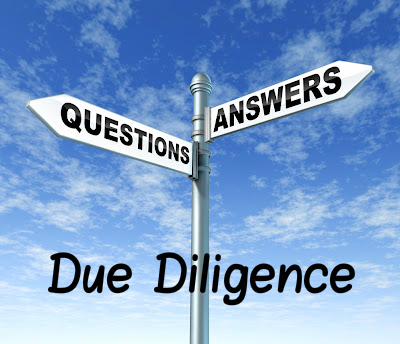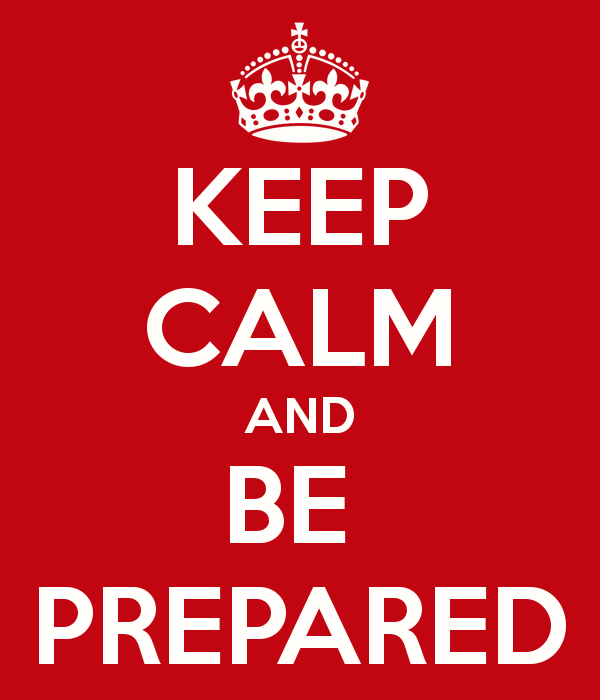
 So there you are, you’ve just finished uploading your last document into the virtual data room and ticked off the corresponding item from the list provided to you by your solicitor or business broker.
So there you are, you’ve just finished uploading your last document into the virtual data room and ticked off the corresponding item from the list provided to you by your solicitor or business broker.
Time to relax, sit back as you’re now ready to field all questions from potential buyers ….. really?!
How do you really know that you are ready? You could wait until the due diligence questions start coming in or, with better planning, how about doing a practice dry run through? You’ve got the time now to do this and we’ve got just the thing, our due diligence questions packs. Each pack has 250 unique questions and come from Joanna’s due diligence process so they were all real questions that had to be answered! If you can quickly answer each one by simply quoting the right data room reference or if they aren’t applicable to your type of business and you can just ‘N/A’, you definitely are ready!
It’s really worth doing a practice dry run because when the due diligence questions start to come in thick and fast, you’ll find it easy to bat the answers back. This in turn will free you up to focus on the business sale negotiations and you can concentrate on keeping your business value up.
If you’re wondering what type of questions the packs contain, here are six randomly chosen for you to quickly answer with just your matching data room reference number. If the question is applicable to your business and you haven’t got the reference number readily to hand, now’s the time to add to your data room and use our pack to really make sure you’re all prepared!
- Sales order book and pipeline, by product/service, rated by percentage likelihood to win new business income, and the expected time frame for each opportunity
- Analysis of revenue by customer for the last two financial years (including customer names). Details of financial terms (including commission rates) with top 15 customers for each of product/service
- Details of any benefits/expenses provided to employees/directors, copies of any PAYE Settlement Agreement and P11D dispensation
- Sickness absence and staff turnover rate for past 12 months
- Copies of insurance policies
- List of customer complaints/warranty claims within the last two years
Fielding questions successfully
If your business broker hasn’t mentioned it to you already, you should have an efficient system in place to field all due diligence questions successfully. Make sure that all questions from each potential buyer is entered into their own spreadsheet. This should be done by the buyer’s representative themselves and all questions fielded through one person because there could be a number of people on the buyer’s side carrying out the due diligence. This system provides control and allows you to quickly update it with the necessary answers and upload the latest version to the data room. Date raised, By Whom, Question, Functional area, Data Room reference and commentary should all be column headings.
As your due diligence period moves ahead you’ll find that the same question is asked in a different way by different potential buyers and don’t be surprised if they ask the question without even visiting the data room to see if the answer is there!
The quicker you can demonstrate that you have all the answers to hand, the more confident the potential buyers will become and in understanding your business better, they should realise the value of the business and want to have it even more bringing you one step closer to completion day.
Kim Brown, Co-Founder of Business Wand, helps business owners navigate their way through the start to finish process of selling a business. Her specialty is to help owners cut costs and increase profits prior to sale. To understand how you can sell your business quickly for the highest sales price, purchase the book, “How To Sell A Business: The #1 Guide to maximising your company value and achieving a quick business sale”



 5 Key Due Diligence Requests
5 Key Due Diligence Requests


 Twelve Steps to Selling Your Business.
Twelve Steps to Selling Your Business.